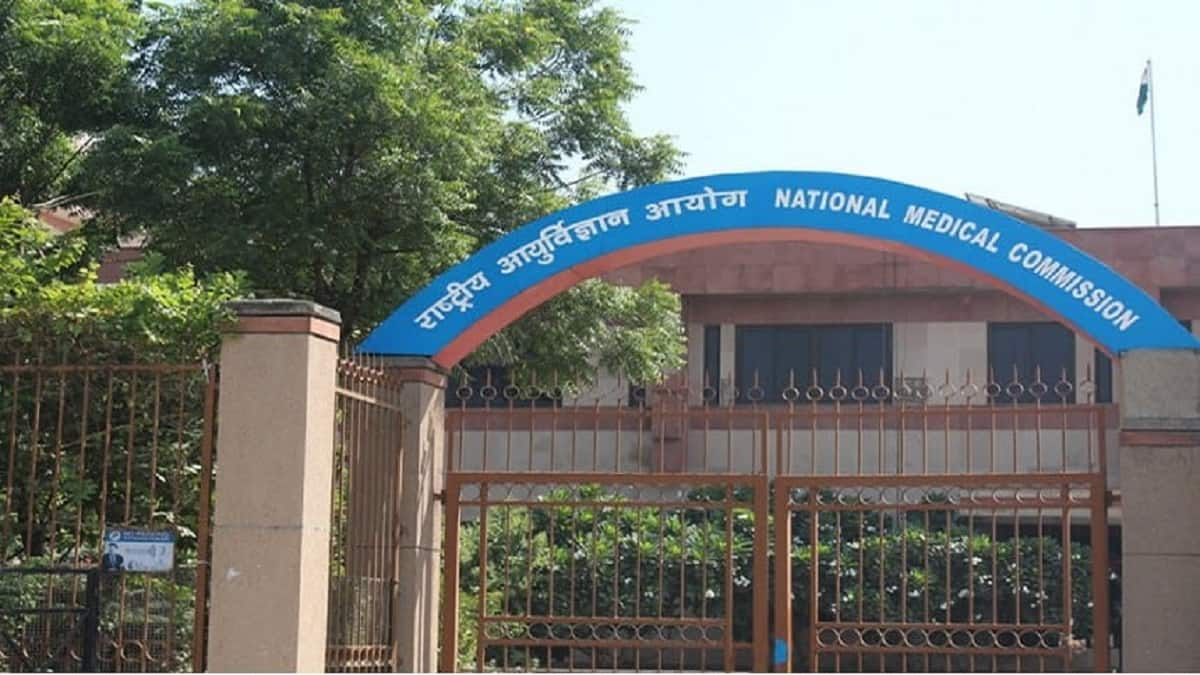NMC mandates colleges to set up medical device safety committees by July 31
Anu Parthiban | July 14, 2025 | 03:55 PM IST | 1 min read
All medical colleges have been instructed to register this committee with the Indian Pharmacopeia Commission, and submit details of its members by July 31.

The National Medical Commission (NMC) has directed all medical colleges to set up a ‘Medical Device-related Adverse Event Committee’ in its campus. The committee will be responsible for monitoring, assessing, and preventing adverse events associated with medical devices.
The move comes in response to the Materiovigilance Programme of India (MvPI), launched by the ministry of health and family welfare (MoHFW) in 2015 to monitor adverse events and risks associated with medical devices used across the country.
All medical colleges have been instructed to register this committee with the Indian Pharmacopeia Commission. Additionally, medical institutions have to submit the name of the Coordinator or Convenor of the committee and additional members, if any, by July 31. The medical superintendent will ordinarily be the Chair of this Committee, the statutory body said.
The MvPI initiative is designed to systematically collect, analyse, and respond to adverse events associated with medical devices, ensuring better patient safety and quality healthcare delivery.
The program is coordinated by the IPC and operates through a growing network of Medical Device Adverse Events Monitoring Centres (MDMCs) in hospitals and medical colleges, it said.
Also read NMC asks medical colleges to update faculty details, disclose fee structure, stipend to interns
Advantages of Medical Device Adverse Events Monitoring Centre
Medical colleges are ideal hubs for Materiovigilance due to their diverse patient population and access to advanced healthcare technologies. The NMC has listed multiple strategic advantages of becoming a Medical Device Adverse Events Monitoring Centre (MDMC).
Academic Recognition: Enhances the institution’s stature as a contributor to national public health and regulatory science.
Professional Development: Provides faculty and students hands-on exposure to post-market surveillance, risk assessment, and patient safety.
Infrastructure Enhancement: Access to MvPI resources, training modules, and national-level collaboration.
Policy Influence: Opportunities to contribute to evidence-based recommendations and medical device regulations.
Patient Safety: Ensures early detection and response to device malfunctions, directly improving clinical outcomes.
Follow us for the latest education news on colleges and universities, admission, courses, exams, research, education policies, study abroad and more..
To get in touch, write to us at news@careers360.com.